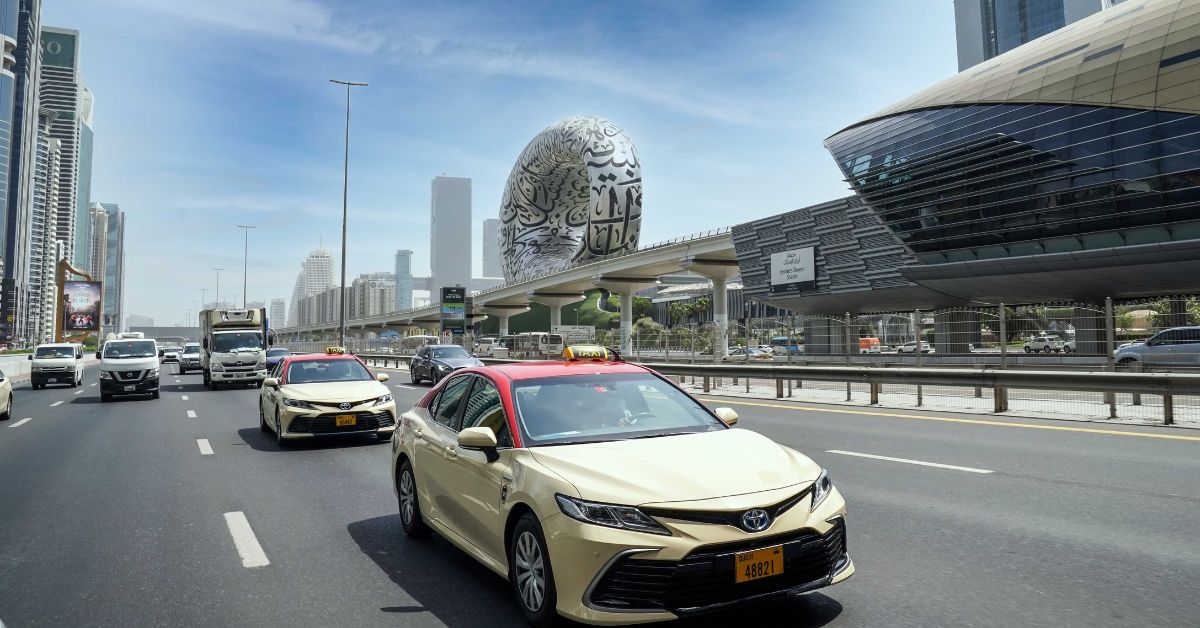DUBAI, UAE — Despite risks in the region and the global IPO market’s weakness, Initial Public Offerings (IPOs) in the Gulf region are accelerating towards the end of the year, demonstrating strong demand for stock sales in the area.
The Dubai Taxi Company’s IPO recently raised approximately US $315 million, marking the emirate’s first government company privatization in a year. Simultaneously, the healthcare company controlled by Abu Dhabi’s sovereign wealth fund—its largest group—announced plans for an IPO in the UAE capital.
These transactions follow Investcorp Capital’s US $451 million initial public offering. As an investment arm backed by the Middle East’s largest alternative asset manager, its shares traded for the first time last week.
Phoenix Group, a cryptocurrency mining hardware retailer, also experienced high demand. Its shares are set to begin trading in Abu Dhabi this month.
At A Glance Surge in IPOs: Despite global market challenges, the Gulf region sees a significant uptick in IPO activity towards year's end. Dubai Taxi IPO Success: Raises $315 million, marking a milestone in government company privatization. Abu Dhabi Healthcare IPO: Announcement by Abu Dhabi’s largest healthcare group controlled by its sovereign wealth fund. Investcorp Capital's Trading Debut: Follows a successful $451 million IPO. Phoenix Group Demand: Cryptocurrency mining hardware retailer set to trade in Abu Dhabi. Regional Market Resilience: MSCI Gulf States Index rises 8%, contrasting with global declines. High Fundraising Despite Decrease: $8.4 billion raised in Middle East IPOs in 2023, despite a 54% decrease from the previous year. Mixed Performance in Abu Dhabi Market: In contrast to Dubai and Saudi indexes, Abu Dhabi's primary index falls by 7%.
IPOs in the Middle East are gaining momentum
This surge in UAE IPOs coincides with an 8 percent increase in the MSCI Gulf States Index since its low in late October. Stocks in the region dropped last month following the conflict between Israel and Hamas on October 7, but fears of a Middle Eastern war have eased since then.
According to Bloomberg data, IPOs in the Middle East have raised approximately $8.4 billion since the start of 2023, a 54 percent decrease from last year’s high levels. However, data indicate that, with one exception, all of the 12 companies going public this year raised at least $100 million, and their stock prices increased in their first trading session after the offering.
Investors seem optimistic about the Dubai Taxi Company’s future, given its prime position to capitalize on the growing transportation market. The company is strategically poised to benefit from Dubai’s booming economy and unique demographic makeup.
In Saudi Arabia, registrations for the $222 million initial public offering of MBC Group, the Middle East’s largest television network, were completed within an hour of opening on Thursday. The company is offering a 10 percent stake, or 33.25 million shares, at a price range of 23 to 25 riyals per share. This could raise the company’s market value to $2.2 billion if priced at the upper limit.

Increased IPO activity in the region is partly due to abundant capital and the relatively small stakes companies typically offer. For instance, Dubai Taxi offered a 25 percent stake in its public offering, which is significant by Gulf region standards, while ADNOC Gas sold only 5 percent of its shares and MBC offered 10 percent.
Global offerings on the decline
This resurgence in the Gulf contrasts with the downturn in other parts of the world. In Europe and the United States, companies that went public this year, raising over $100 million, saw their shares increase only marginally above IPO prices. This underperformance has tempered expectations for a robust recovery in those regions’ IPO markets in early 2024.
However, not all Middle East transactions have been successful. Shares of Investcorp Capital have not risen above their subscription price since the deal was priced at the upper end of the range and the offering size increased last Friday.
The Abu Dhabi Market’s primary index has performed relatively poorly compared to its regional peers, declining by 7 percent from the start of the year to date, partly due to the fall of some of its largest companies after significant past gains. In contrast, the Dubai market index has risen by 26 percent, and the Saudi stock market index has increased by 5.1 percent.








